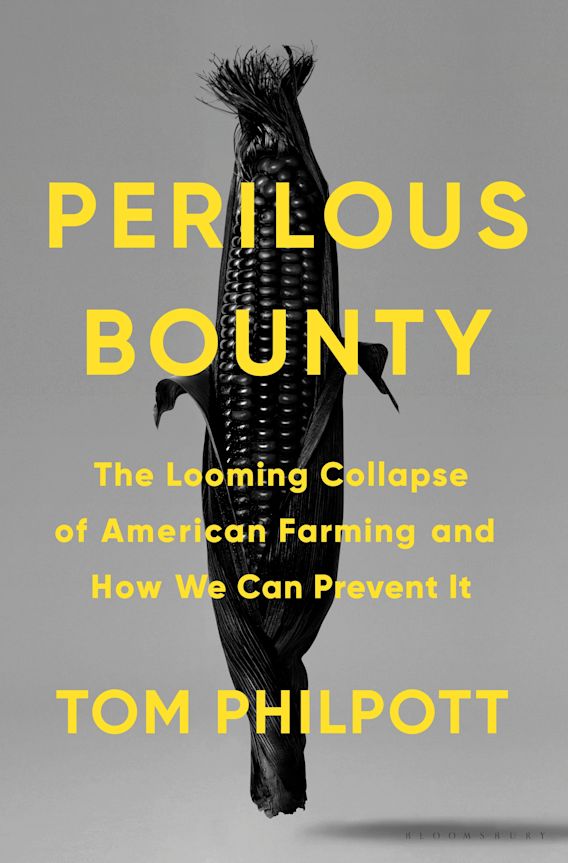Perilous Bounty and the future of farming in America
DOI:
https://doi.org/10.5304/jafscd.2022.121.012
Keywords:
Industrial Agriculture, Soil, Climate Change, Sustainability, Monoculture, ReviewAbstract
First paragraphs:
In Perilous Bounty, Tom Philpott builds a meticulously researched argument that the U.S. is too reliant on farming methods and economic systems that are destroying our critical ecosystems. Mixing investigative journalism, eye-opening statistics, and farmer profiles, he paints a stark picture of the current state of industrial agriculture. He focuses on the two predominant U.S. agricultural regions, presents the major challenges facing each region, and discusses the “handful of seed-pesticide corporations, investment funds, and magnates who benefit from these dire trends" (p. 8).
He begins in California, where the agricultural industry faces drought, catastrophic flooding, reduced snowmelt, and overdrawn aquifers. A primary takeaway is that as aquifers are overdrawn, “dwindling water means ever more emphasis on pricey export-oriented snack crops—and less on fruit and vegetable crops” (p. 72). The depletion of groundwater threatens future agricultural production in the state on which we depend for more than 90% of the “broccoli, carrots, garlic, celery, grapes, tangerines, plums, and artichokes; at least 75% of the cauliflower, apricots, lemons, strawberries, and raspberries; more than 40% of our lettuce, cabbage, oranges, peaches and peppers” (p. 17), as well as nearly 100% of the almonds, walnuts, and pistachios we eat. In short, aquifer depletion is severely threatening our national salad bowls. This is exacerbated by the effects of climate change, with increased likelihood of droughts and flooding.
Metrics

Downloads
Published
How to Cite
Issue
Section
Categories
License
Copyright (c) 2022 Lars Chinburg

This work is licensed under a Creative Commons Attribution 4.0 International License.
The copyright to all content published in JAFSCD belongs to the author(s). It is licensed as CC BY 4.0. This license determines how you may reprint, copy, distribute, or otherwise share JAFSCD content.











